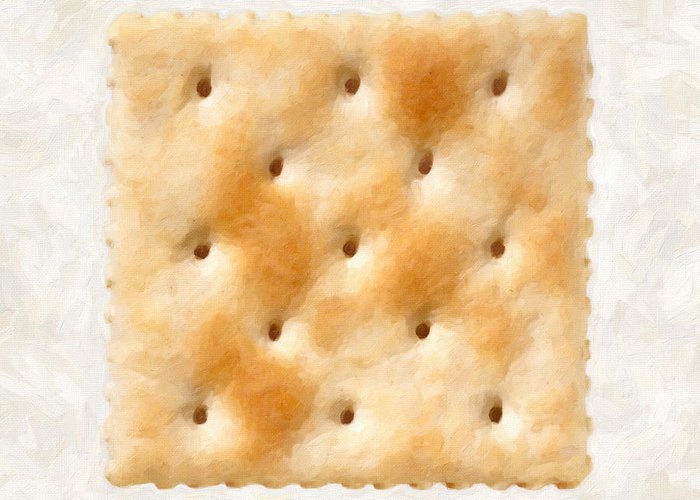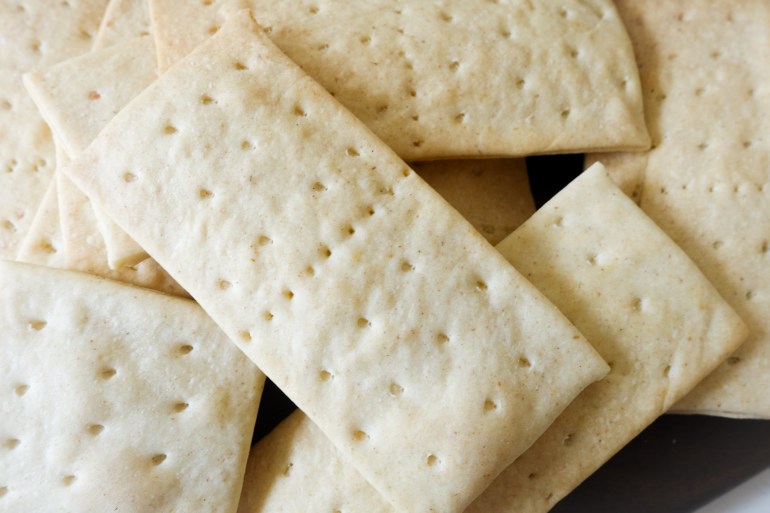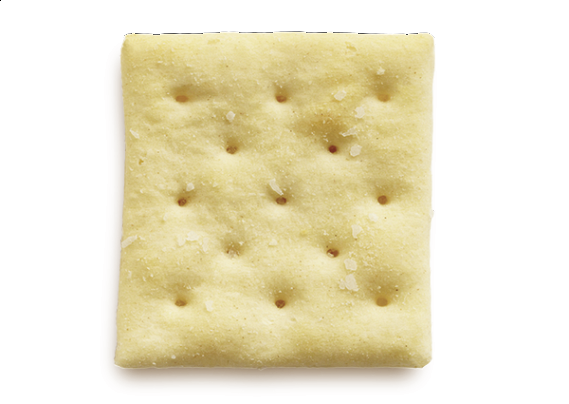Well, we all love to indulge in certain sinful snacks on certain days, even when we follow a strict diet routine. Saltine crackers are one such example. We know it is unhealthy, but we can’t help digging into this wonderful snack whenever we wish to. Saltine crackers, like we are already aware of, are full of salt and fats. If you have cats at home, you might see your feline friend watching you eagerly while you binge eat your saltine crackers.
So can you feed saltine crackers to cats? Do these crackers cause any health issues to cats? This article will help you find answers to these questions and more related to this topic.
However, before getting into the details of the reasoning, here is a quick answer to your question. No, you cannot feed saltine crackers to cats. This is because these crackers contain a lot of salt and fats. Too much salt consumption leads to sodium poisoning, while too much fat consumption leads to obesity in cats. Also, the ingredients used for making saltine crackers may trigger a toxic reaction in cats. We will know more about these in detail in the following sections.
Ingredients used for making saltine crackers

Before feeding anything to cats, you have to check the labels of the food packets to ensure that it doesn’t contain anything that could be toxic to cats. Unfortunately, none of the ingredients used for making these crackers are safe for cats. Here is a list of these ingredients:
Wheat Flour
Wheat flour, the most important ingredient used in saltine crackers, contains a large amount of gluten. Overconsumption of gluten can lead to stomach-related issues in cats. The felines, naturally carnivorous animals, cannot handle the gluten content. So, wheat flour can also trigger allergic reactions in cats.
Niacin
This is a vitamin that dissolves in water. It helps improve the metabolism rate of animals. However, too much niacin can trigger toxic reactions in the bloodstream of cats.
Low Iron Content
Meat and fish are the main parts of a cat’s diet. So, the animal gets its daily recommended quantity of iron from these items. Saltine crackers don’t give any nutritional content to cats, as the crackers have very low iron in them. So, cats can do well without saltine crackers in their lives.
Canola and Palm Oil
Canola and palm oil are rich in fats. Crackers use too much oil, as you all know. So when cats consume these fat-rich oils, they are prone to issues like lethargy and obesity. Overconsumption of fats can also lead to an imbalance in the movement of cats.
Baking Soda and Sea Salt

Baking soda and sea salt, when consumed in large quantities, can cause sodium poisoning in cats. In this condition, fluid buildup occurs in the legs of felines, impacting their movement. Sodium buildup also affects the functioning of their internal organs.
Malted Barley Flour
Though there is only very little malted barley flour in saltine crackers, it is still best to avoid feeding these to cats. This is because barley flour may cause some allergic reactions like vomiting.
Yeast
When consumed in large quantities, yeast can be very toxic for cats. Yeast can produce a lot of carbon dioxide and alcohol in the internal system of the cat, leading to severe health issues.
So, as you can see, saltine crackers have too many ingredients that are dangerous for cats. So, you have to avoid feeding them these crackers at any cost. These shouldn’t be given even as treats. If your cats accidentally consume one or two pieces of crackers occasionally, it is fine. The animal may not be seriously impacted. However, the problem arises only when you continue to feed a large number of saltine crackers to cats.
Health issues in cats due to saltine crackers

Why should you not include saltine crackers in your cat’s diet at all? It is because these crackers can cause quite a few health issues, like the following, in felines:
Salt poisoning
One of the major health risks that are associated with feeding saltine crackers to cats is salt poisoning or sodium poisoning. When they consume too much salt, cats also feel dehydrated. It can be a big challenge to make them drink the required quantity of water once they become dehydrated. Salt poisoning may lead to damage to the liver and kidneys of the cats.
In severe cases, it can also lead to blockages of the bladder. This happens mostly with male cats. Due to this issue, the cat cannot urinate, as the increased salt content leads to the formation of crystals in its bladder. When the urinary bladder is blocked, it needs to be treated immediately. Late diagnosis of this issue can prove to be fatal for the felines. Some of the common symptoms that will tell you that your cat is suffering from salt poisoning are seizures, coma, tremors, a decrease in appetite, lethargic movement, vomiting, and diarrhea.
Obesity
Saltine crackers are also rich in fat content. Overconsumption of fats can lead to weight gain, and obesity in severe cases, in cats. The worrying factor is that it is almost impossible to make your cats shed this extra flab and reach their normal weight. So, it is better not to introduce fatty foods like saltine crackers in their diet.
Final Word
Your cats are doing good enough without the introduction of saltine crackers in their diet. They don’t get any nutrition from these treats, as the crackers are only rich in salt and fat. If you want to include healthy and safe treats in your cat’s diet, there are quite a few vet-recommended brands in the market. Always talk to your vet first before deciding on your cat’s diet, so that you can avoid allergic reactions if any. Please don’t panic if your cat accidentally consumes a small number of saltine crackers. The problems mentioned above arise only when your cat consumes too many crackers over a long time.
